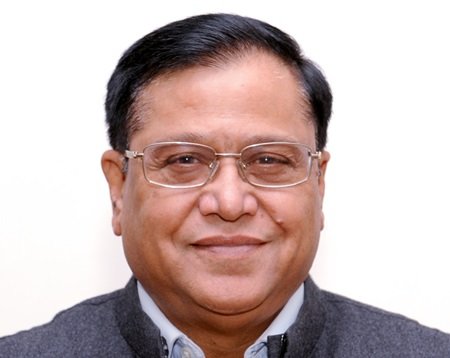Friday, 20 February 2026

By Dr V K Saraswat, Member, NITI Aayog
Carbon Capture Utilisation and Storage (CCUS) has an important and critical role to play in decarbonising the industrial and power sector. Since CCUS is at a nascent stage of deployment, government support and incentives are needed to promote the adoption and development of CCUS technologies at a commercial scale in India. The next decade is that of CCUS – where global capture of CO2 will increase manifold, investments will be at an all-time high and hundreds of such facilities will be built – the world shall look up to India in its carbon management plan. The time is right for India to progress towards a dedicated national CCUS Mission, taking inspiration from endeavours like the National Green Hydrogen Mission, National Solar Mission, etc. Let’s look at how India is looking at CCUS as an opportunity in meeting four of the 17 Sustainable Development Goals of the UN and can join the league of major world economies in the CCUS world map.
India stands at a critical juncture in its clean energy journey. We are the world’s third-largest CO2 emitter, yet committed to ambitious decarbonisation goals of 45 per cent emission reduction by 2030 and net zero by 2070. While the expansion of renewable power is a notable success in India’s clean energy transition, the power sector accounts for only a third of total emissions, which are expected to decline as renewables replace fossil fuels.
The growing industrial economy emits close to another third of the aggregate emissions that are hard to lessen, due to the use of fossil fuels not only as a source of energy but within the process itself, and will continue to increase, unless new technologies and carbon abatement mechanisms are deployed. At the same time, while we phase down the use of fossil energy sources over time, India will be dependent on coal for a long time, to support the ever-increasing energy demand and meet the requirements for affordable and reliable baseload power.
To read more click: E-Magazine – AgroSpectrum Asia